This website uses cookies so that we can provide you with the best user experience possible. Cookie information is stored in your browser and performs functions such as recognising you when you return to our website and helping our team to understand which sections of the website you find most interesting and useful.
mindset
podcast
plant-based tips
meal prepping
meal planning
listen now
Plant-based inspiration and wisdom for your nutrition journey
Plant Centered &
Thriving Podcast
Tune in!
learn more
My motto? Take it step by step. Everyone’s on a different journey, and nutrition never looks exactly the same for any two people. To build sustainable, healthful eating habits, I believe in a personalised approach that gets to the root of your unique needs and goals.
Your Registered Dietitian Nutritionist & plant-based eating advocate
hey! I'm Ashley Kitchens
Micronutrients play a very important part in nutrition and therefore in our health, too. They include vitamins and minerals, such as vitamin B12 and vitamin D as well as iron for minerals. If you’ve already embarked upon your plant-based journey, then you’ve certainly heard about some of these before. But as for everything concerning nutrition, there is a lot of information out there and with that comes a lot of misinformation, too, especially when talking about a plant-based diet.
I have dedicated this blog post to the most commonly discussed micronutrients I have come across with my clients over the years. Apart from diving deeper into vitamin B12, vitamin D and iron, we will also discuss supplementation and important labs that you could get checked regularly.
Vitamin B12
Vitamin B12 is the most common micronutrient I get asked about. But what is this mythical nutrient, that vegans apparently don’t get from their diet? Vitamin B12 is neither produced by animals nor by plants. It’s produced by bacteria that are in the ground. So, animals and plants get it directly or indirectly from these bacteria.
Nowadays, many animal foods contain high amounts of vitamin B12, because factory animals are often supplemented with it in their feed, as they no longer get it directly from the ground or they don’t get enough from grazing. The bacteria that produce vitamin B12 are usually found in soil or simply dirt, which a lot of animals simply aren’t even in contact with due to factory farming.
Vegans and vegetarians are susceptible to having B12 deficiency. But, people not following a vegan and vegetarian diet are also susceptible to a vitamin B12 deficiency. So, in summary, really everyone should make sure that their vitamin B12 is in a healthy range. But specifically, vegans and vegetarians need to pay attention because the plant-based diet is essentially void of a reliable source of vitamin B12 unless very carefully planned.
The reason vitamin B12 is so important for any diet is that it’s required for the synthesis of blood cells, for our nervous system to function properly and for DNA synthesis. Overall, it is a very important micronutrient in our diet. A vitamin B12 deficiency, on the other hand, can present itself in many different forms. Symptoms may include fatigue or tingling feelings of pins and needles in your fingers and toes. It can even go as far as a decline in brain function or disturbance of your nervous system.
With a plant-based diet, supplements are the easiest and most reliable way to prevent a vitamin B12 deficiency. Some plant-based foods have trace amounts of vitamin B12 and some foods are fortified with vitamin B12 like breakfast cereals and nutritional yeast. But, you would have to carefully plan your meals to make sure you’re getting your daily requirement. According to the Academy of Nutrition and Dietetics, specifically the Vegetarian Dietetic Practice group, fortified foods really aren’t a reliable source, either. This is why I recommend supplementation as the most reliable source of vitamin B12 for vegans and vegetarians.
Vitamin D
Vitamin D is, next to A, E and K one of four fat-soluble vitamins in our diet. It plays a large role in a lot of different functions, like in our immune system and to synthesize calcium. It’s also called the Sunshine vitamin because our bodies can create this hormone – yes, it is actually a hormone – from direct sunlight. Even though you can get some dietary vitamin D from both an omnivore diet as well as a vegan diet, sunlight (without UV protection, that is) is the most common way to synthesize vitamin D. Other than that, you can find it in plant-based foods like mushrooms or fortified foods like orange juice or plant milk.
That being said, not all of us are out in the sun or even live in sunny places. Or, if you live in the Northern Hemisphere, then you might be exposed to colder, less sunny weather half of the year, which makes it very hard to get your vitamin D from sun exposure. And even if you are out in the sun a lot, that doesn’t mean your vitamin D level is going to be “normal”. You might be wearing sunblock or your body can’t really absorb it properly. Also, going out into the sun without protection might also not be an option for some people. This is why you want to get your vitamin D checked regularly too and perhaps think about supplementation, especially during winter.
Iron
Iron is a tiny micronutrient that plays a big role for most vegans and vegetarians, especially pre-menopausal women. But outside of this group, it is still the number one worldwide deficiency, which is why it’s important that you’re getting your iron levels checked annually.
As for all deficiencies, they aren’t always connected to diet or lifestyle, but can also be due to genetics or certain health conditions. For example, if you’re having heavy periods, then you might be low in iron.
Iron is responsible for a healthy blood synthesis, amongst other things, which is why women or people that bleed have a higher RDA (Recommended Daily Intake) than those without periods. But there are so many other circumstances that can cause you to be low in iron, too. Katie knows that first-hand: “I’ve always been low in iron. I think it’s not uncommon for a lot of women to be slightly anemic.” Anemia is what low iron levels are called in the medical world.
However, if you eat the rainbow as well as grains and legumes, then you are likely getting plenty of iron from your diet. Other ways are using cast-iron skillets, or just making sure that you’re eating lots of leafy greens or cruciferous vegetables. Also, make sure that you’re having a source of vitamin C with iron, as vitamin C helps you absorb iron a little bit better.
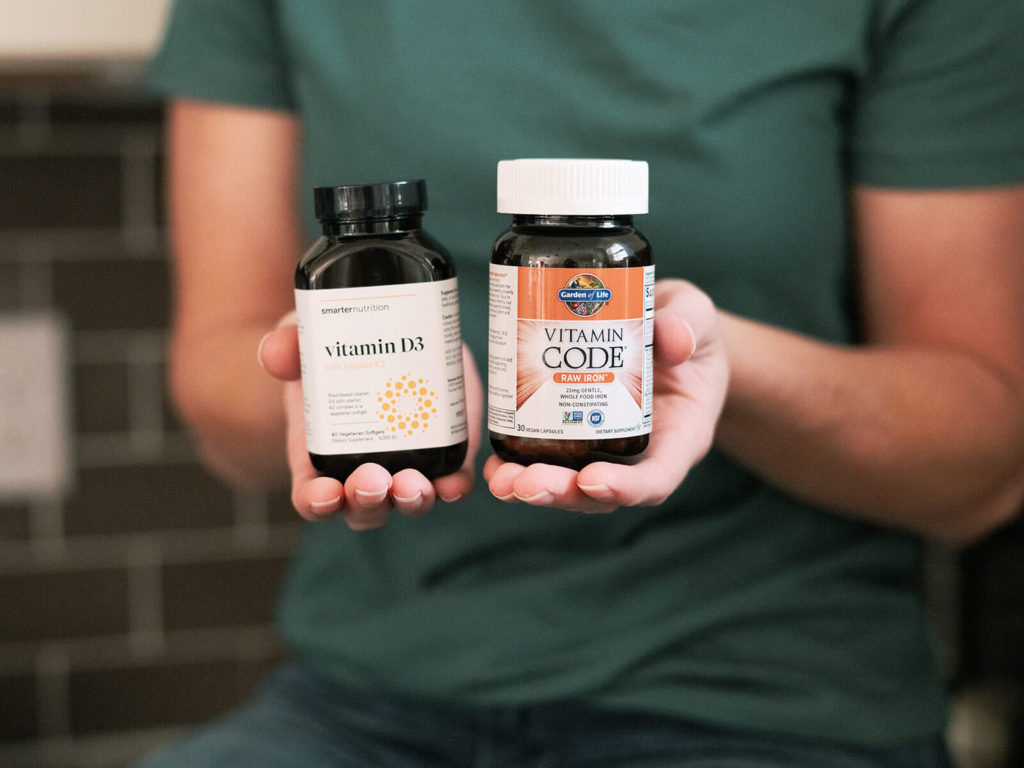
Which labs should I have checked annually?
Now that we know what micronutrients could be critical, what labs should be checked annually to make sure your levels are within a healthy range? Amongst those are vitamin B12, as it is without a doubt is one of those markers that could be critical, especially if you’re plant-based. In addition to vitamin B12, make sure that you are getting your vitamin D checked. And while you’re at it, I always recommend my clients to get their iron levels checked, too. This doesn’t include just iron, but it includes ferritin, your saturation and your TIBC. But don’t worry, your doctor will know what to check.
Also, be sure to keep those annual reports, because they are a great help if you choose to see a plant-based dietitian, but they can also allow you to compare your dietary and lifestyle choices over time and maybe find a way to balance your nutrients in a way that works for you. Plus, you can react quicker if you were to find anything out of the ordinary.
Think of getting your blood checked as a form of self-care, just like going to the hairdresser or getting a massage. Because you are taking care of your health all the same.
Here is a list of the labs that you can have checked regularly by your doctor:
- CBC: Complete Blood Count
- CMP: Comprehensive Metabolic Panel
- Vitamin B12
- Vitamin D
- Iron including ferritin, TIBC, transferrin saturation
- Lipid profile
Supplementation
Once you got your labs checked, you can then think about supplementation. I really recommend going about it in that order, as you might not need a whole lot of supplements. This is why it is really important to have an open line of communication with your doctor or whoever is checking your blood work.
When it comes to vitamin B12, as I’ve already discussed, supplementation is recommended for plant-based eaters. Luckily, this is very affordable, and you can get it either in pill form or even as a spray. Just check with your doctor or dietitian and see what your options are.
But maybe you also need to supplement vitamin D and iron, which is very common, not only for those on a plant-based diet but for anyone. Deficiencies and supplementing are just something a lot of people like to focus on when it comes to plant-based eating, but those micronutrients discussed are an issue for many people on all kinds of diets. And just because you supplement doesn’t mean that you’re not eating right, too!
Do I need a multi-vitamin?
What about multivitamins, though? Could I not get a bunch of micronutrients all in one pill? The research goes back and forth on whether or not a multivitamin is actually helpful. The conclusions are mixed. Overall, multivitamins are deemed harmless, but they may just be giving you expensive pee, as they tend to include high doses that your body can’t even absorb.
So, really a better investment could be relying on plant foods to get everything that you need outside of those critical micronutrients. I talk about eating the rainbow, eating variety, and making sure that you’re getting a variety of different foods, and different colors, so that you’re getting all those micronutrients that you need.
If you or any other person has a medical concern, you should consult with your health care provider or seek other professional medical treatment immediately. Never disregard professional medical advice or delay in seeking it because of something that you have read on this blog, website or in any linked materials.
Listen to the podcast episode
IF YOU LOVE US, TELL US
If you enjoyed this episode, go ahead and hit SUBSCRIBE. There is a new episode every Monday. Click here to subscribe on iTunes.
And if you’re feeling generous, take a few seconds to leave The Plant Centered and Thriving Podcast a review on Apple Podcasts. Hearing what you think helps me to curate the best content possible that will benefit YOU. So all you do is click here to review, click “Ratings and Reviews” and “Write a Review.”
Resources from this episode
Leave a Reply Cancel reply
more to explore
more to explore
Get weekly guidance to support your plant-based journey while strengthening your relationship with food, including weekly plant-based recipe ideas, tips, encouragement and so much more.
Join our newsletter
want blog updates?
explore
Founded by registered dietitian Ashley Kitchens, Plant Centered Nutrition shares approachable, evidence-based insights to inspire a balanced, plant-forward lifestyle. Ashley partners with brands, podcasts, and publications to show that healthy eating doesn’t have to be complicated—it just has to feel good and fit your life.
making plant-based eating easy, joyful, and realistic.
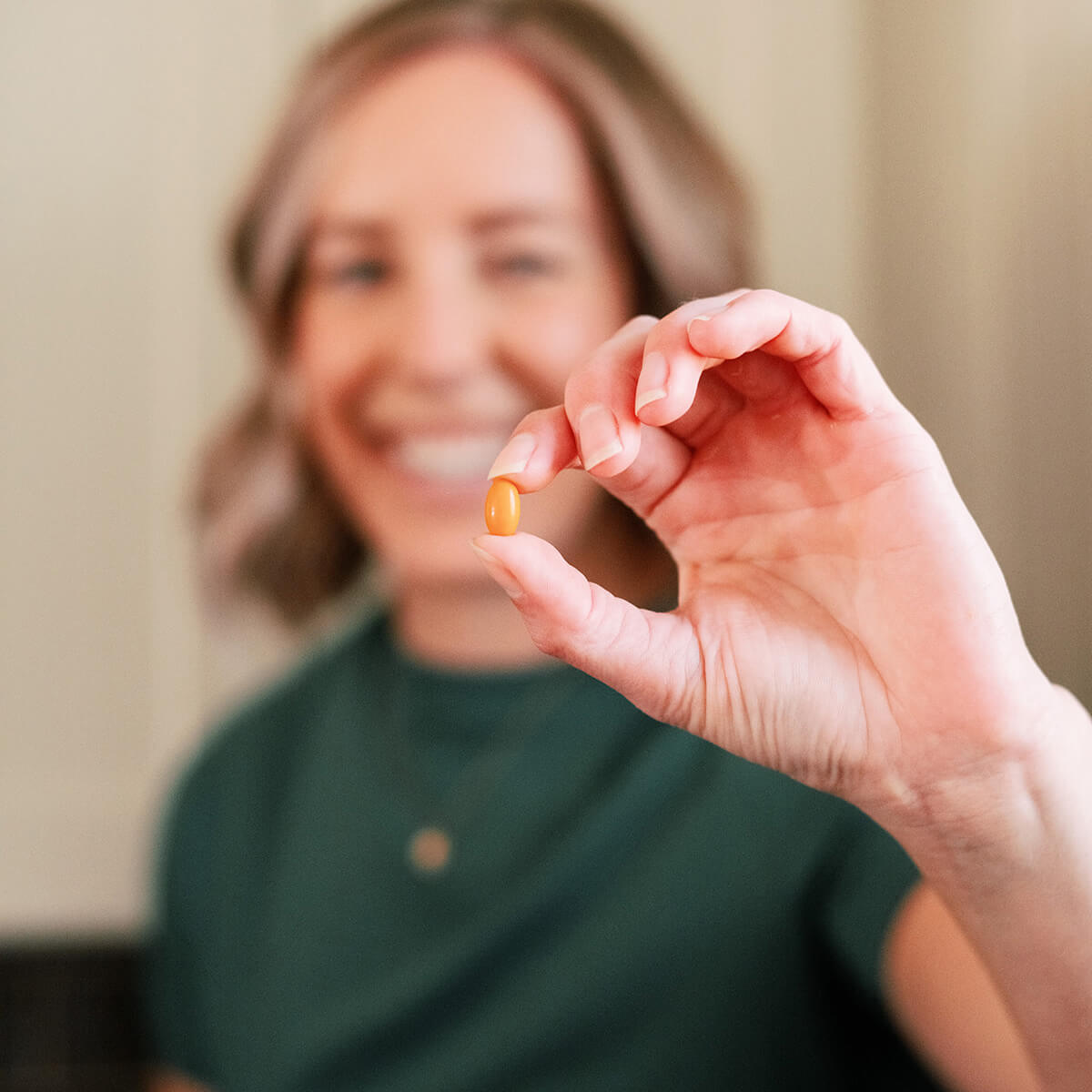





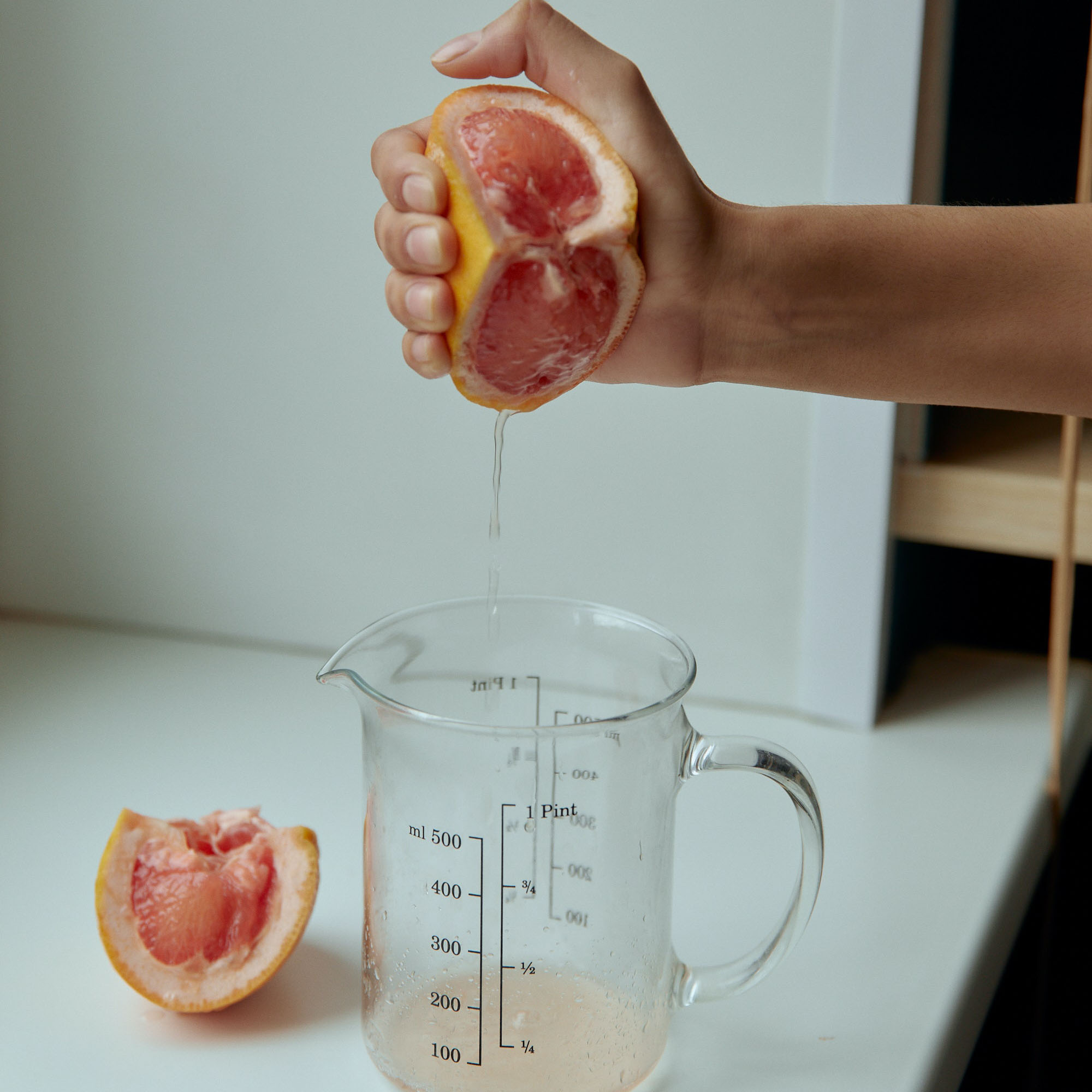


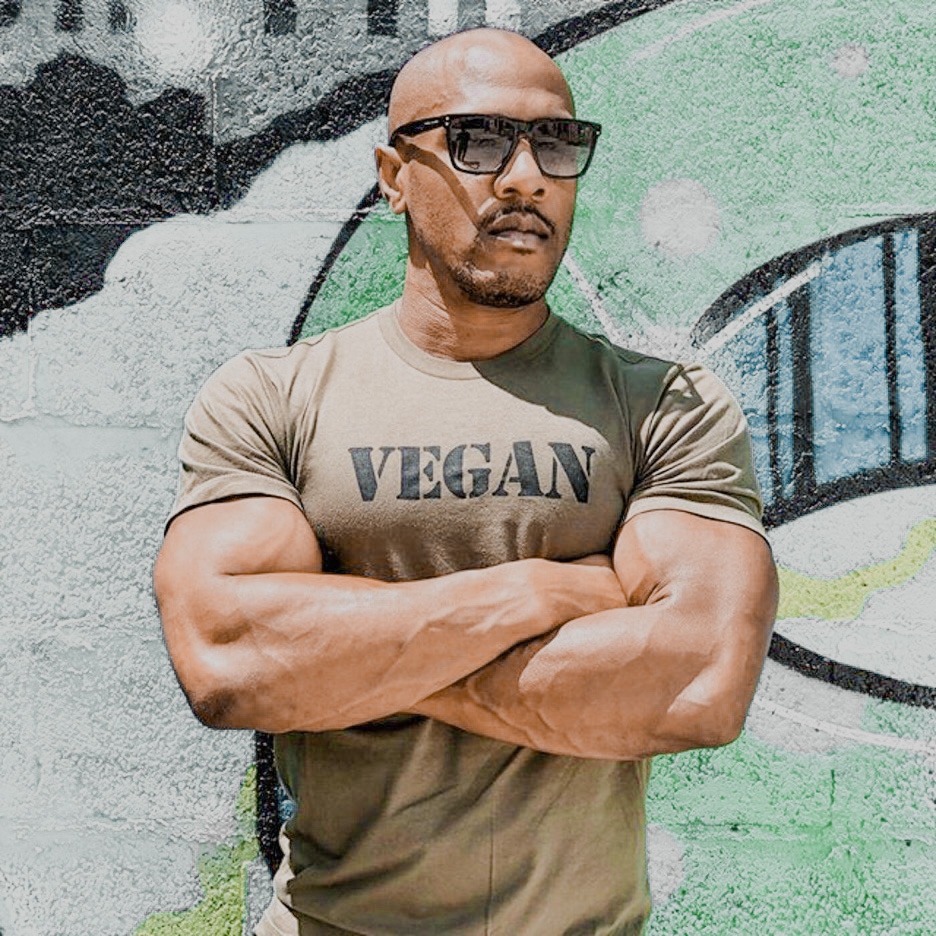


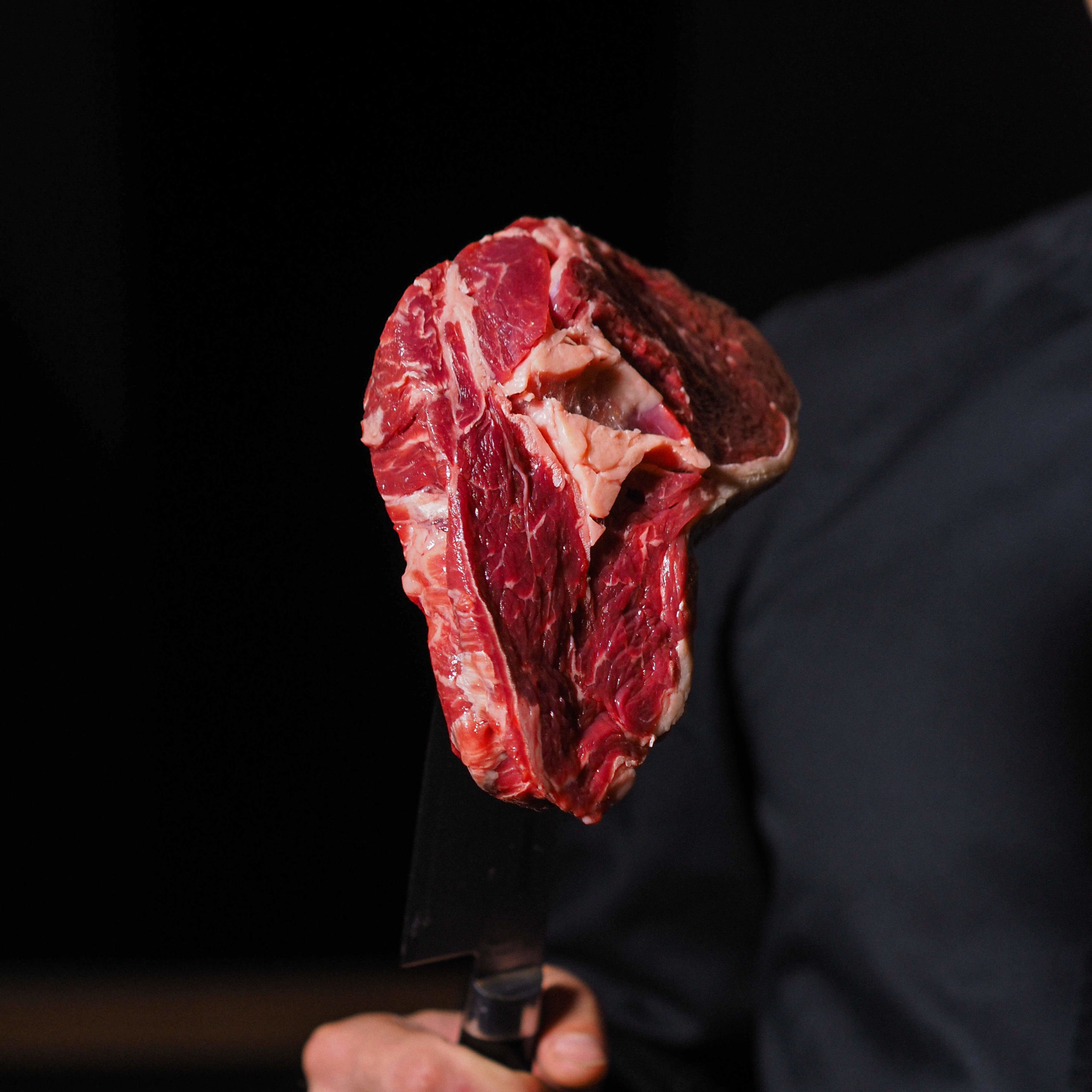





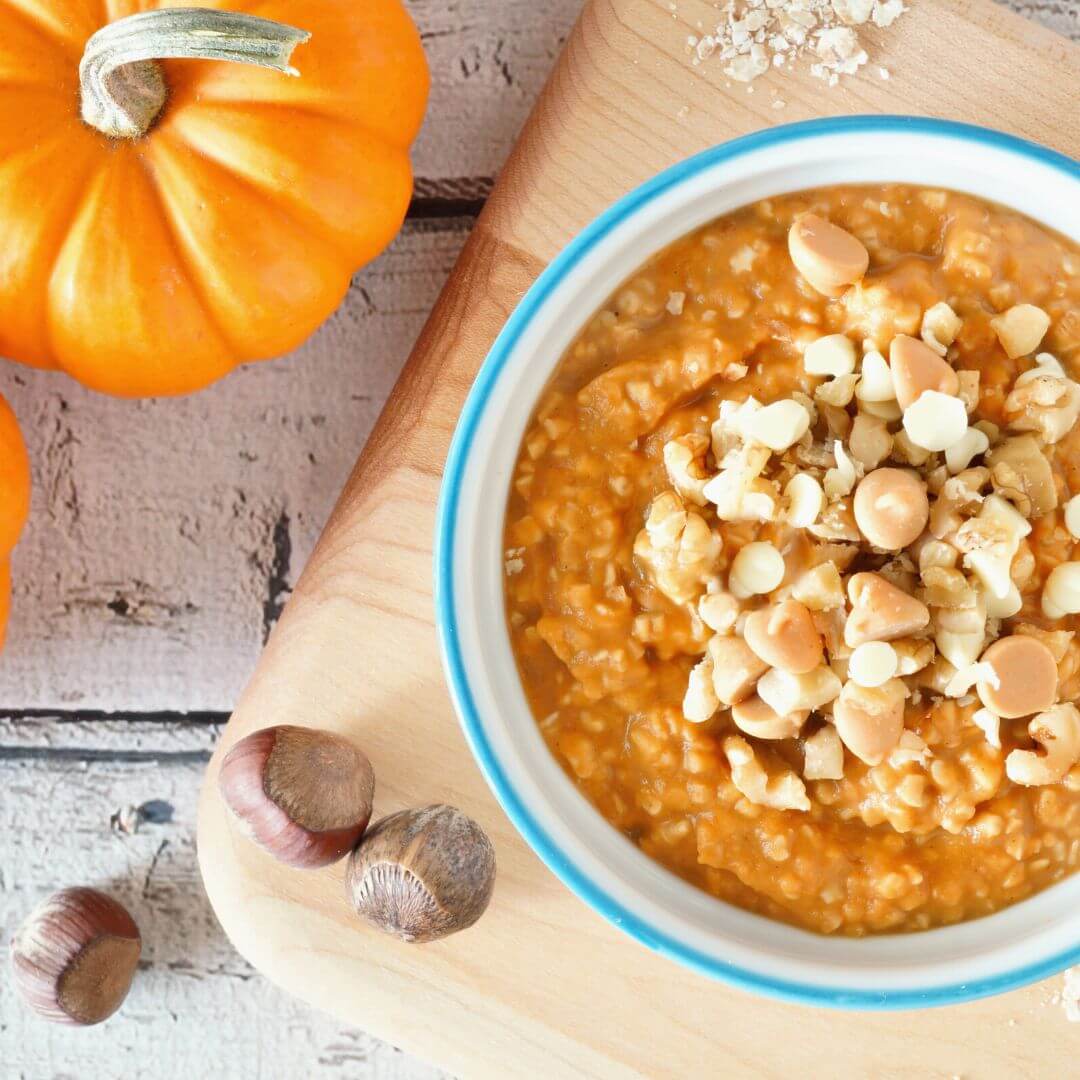



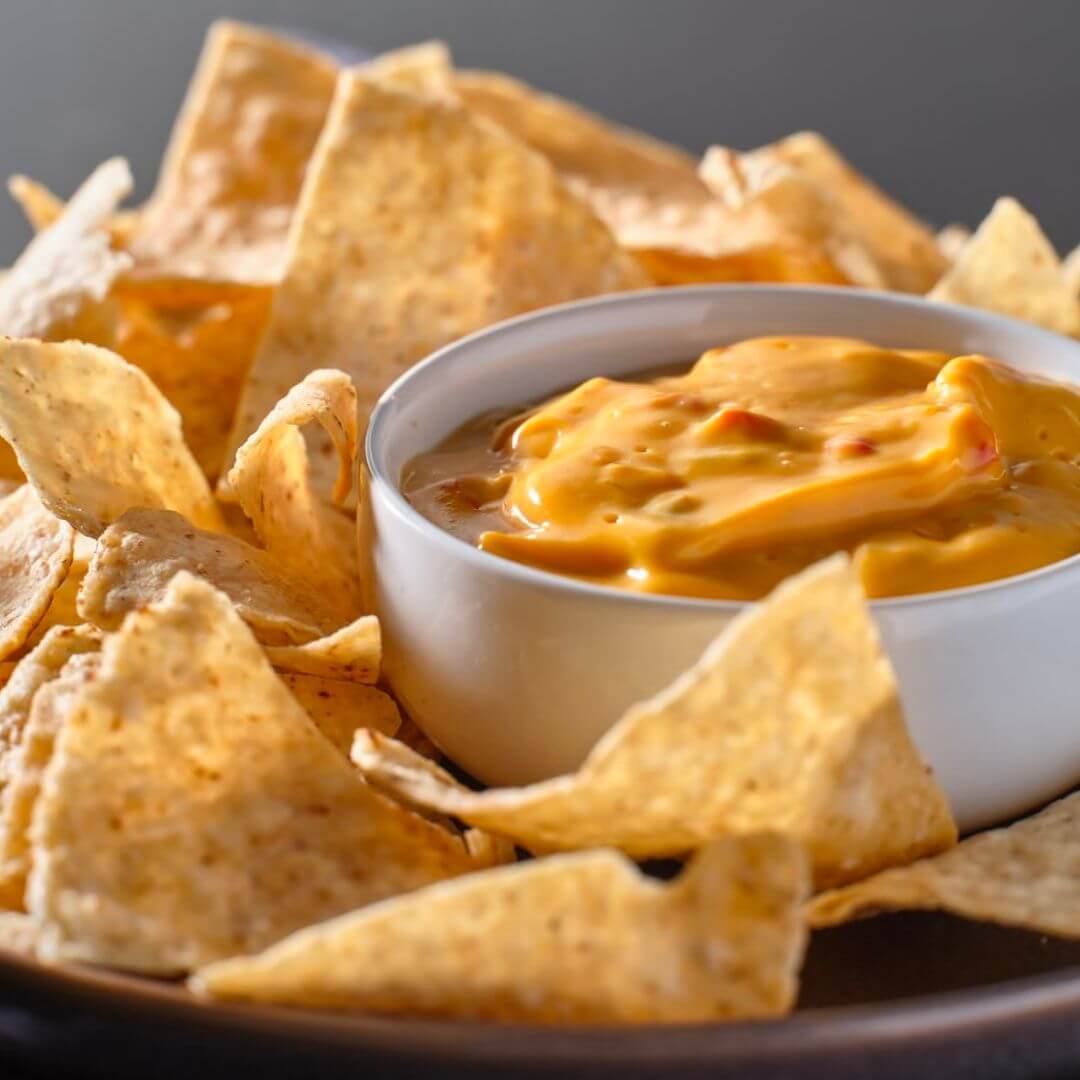



share
click to LEAVE A COMMENT